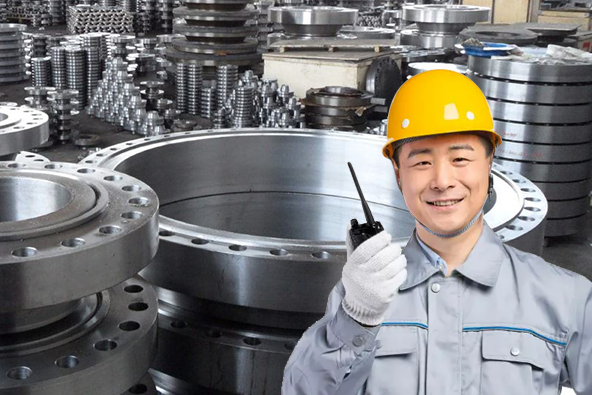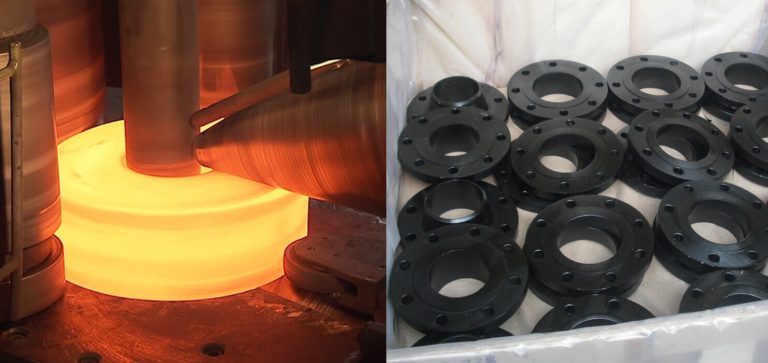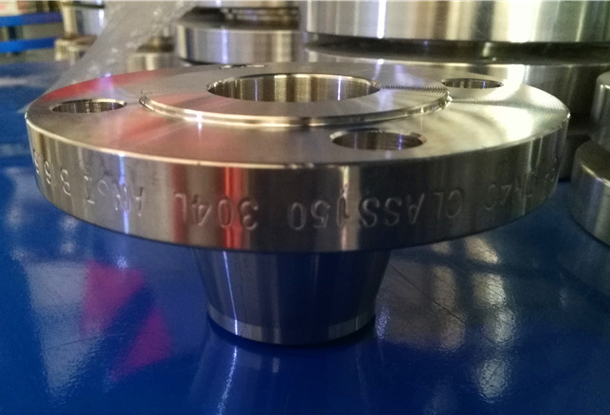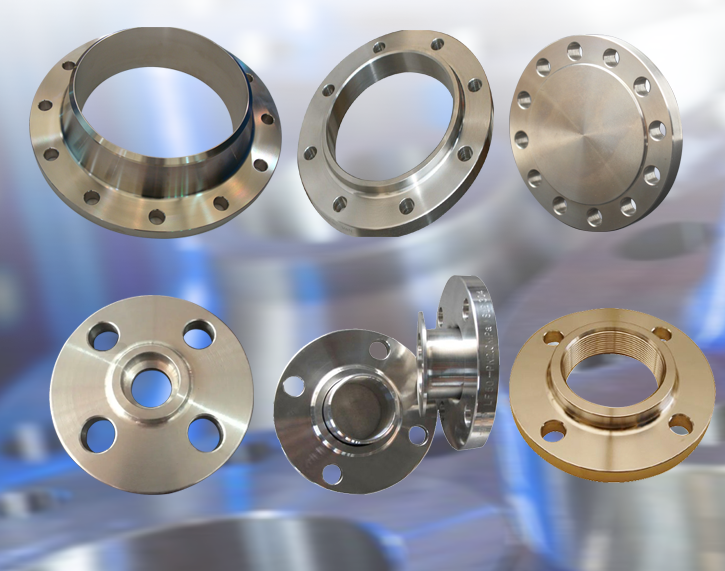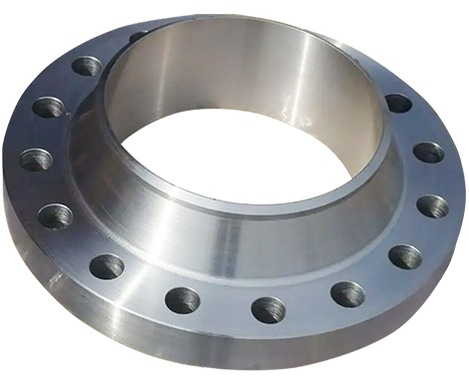Pipe flanges are a crucial component in many industrial systems. They are responsible for connecting pipes and ensuring a sealed connection. However, over time, flanges can become vulnerable to leaks, corrosion, and other issues if not properly maintained. Regular maintenance of flanges is essential to prevent these issues, extend their lifespan, and ensure that industrial systems operate safely and efficiently.
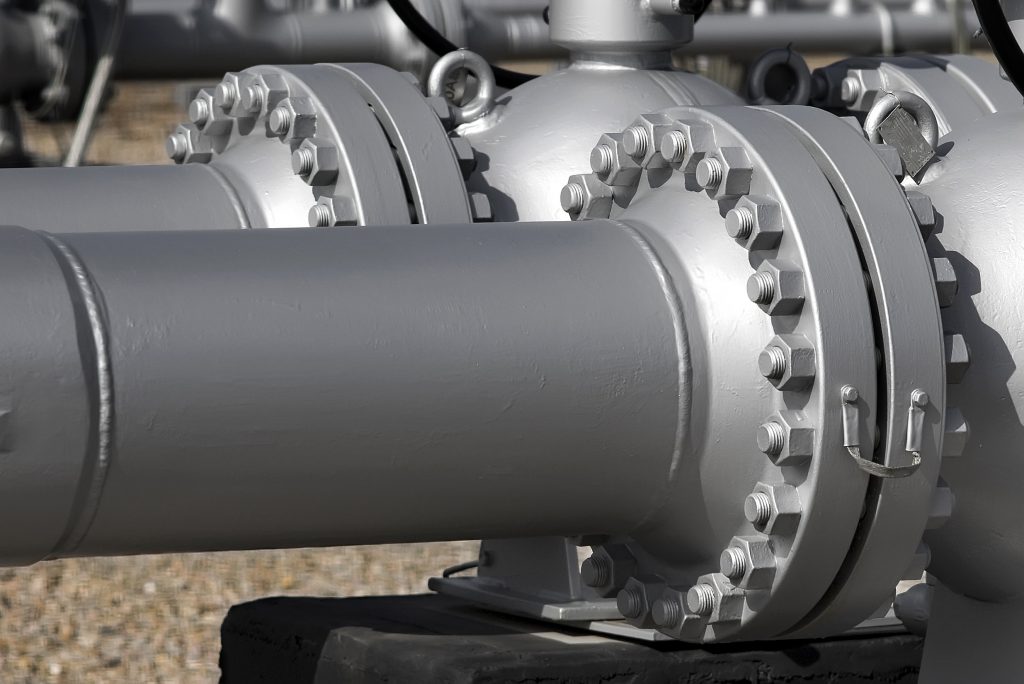
There are several routine maintenance activities that can help keep pipe flanges in good condition and prevent issues from occurring. Some of these activities include checking the flange’s sealing performance, cleaning the flange surfaces, proper installation and removal of flanges, and more. In this guide, we will walk you through each of these activities and discuss why they are essential to ensure the safety and performance of industrial systems that rely on pipe flanges.
Check flange sealing performance
Checking flange sealing performance is one of the critical routine maintenance activities for pipe flanges. Ensuring that the flange sealing capability is intact can prevent leaks, which can cause significant damage to industrial systems. There are several things to consider when checking flange sealing performance.
Firstly, it is essential to check the condition of sealing gaskets and fillers. Over time, these components can wear out or become damaged, affecting the sealing performance of the flange. By inspecting the condition of these components regularly, you can replace them before they fail and cause leaks.
Secondly, it is essential to verify the condition of flange bolts and nuts. Properly tightened flange bolts and nuts are necessary to ensure that the flange maintains its sealing performance. Over time, flange bolts and nuts can loosen or corrode, affecting the overall sealing performance of the flange. Therefore, it is necessary to verify their condition and tighten or replace any corroded or damaged bolts or nuts.
By conducting regular checks on flange sealing performance and taking the necessary steps to address any issues, you can prevent leaks and maintain the integrity of industrial systems that rely on pipe flanges.
Clean flanges
Cleaning flanges is another essential routine maintenance activity for pipe systems. Clean flange surfaces are critical to maintaining sealing performance and reducing corrosion, both of which directly affect the overall integrity of the system. There are several things to consider when cleaning flanges.
Firstly, it is essential to ensure that the appropriate cleaning agents and tools are used. The choice of cleaning agents and tools can vary depending on the type of flange material and the nature of the dirt or debris. Using the wrong cleaning agent or tool can cause damage to the flange surface, affecting its sealing capabilities and integrity.
Secondly, it is necessary to prevent damage to the flange surface during cleaning. Avoid using abrasive tools that could damage the flange surface or remove coatings that protect the surface from corrosion and wear. It is essential to follow the manufacturer’s recommendations when choosing cleaning agents and tools to ensure that the flange surfaces are cleaned properly without causing damage.
By conducting regular cleaning of pipe flanges, you can ensure that they maintain their sealing performance and reduce the risk of corrosion. This not only helps extend the lifespan of the flange system but also reduces the risk of leaking and system failures, ensuring the overall safety and reliability of industrial systems.
Proper installation/removal of flanges
Proper installation and removal of flanges is essential for maintaining the flange system’s integrity, reducing the risk of damage and leaks while ensuring personnel safety. There are several things to consider when installing and removing flanges.
Firstly, it is crucial to follow proper procedures when installing and removing flanges. These procedures may vary depending on the type of system and the nature of the flanges. By following the correct procedures, you can reduce the risk of equipment damage or personnel injury that can occur during installation or removal.
Secondly, installing and removing flanges requires trained workers with professional knowledge. It is essential to ensure that the workers have the necessary training and expertise to properly install and remove flanges while following the correct procedures. This can help prevent damage to the flange system, as well as reduce the risk of injury to personnel.
By conducting proper installation and removal of flanges, you can reduce the risk of damage and leaks while ensuring personnel safety. Using trained workers with professional knowledge, following the correct procedures, and taking necessary precautions are all essential to ensuring the safe and reliable operation of industrial systems that rely on pipe flanges.
Solving corrosion and other issues
Solving corrosion and addressing other issues affecting flanges is an essential routine maintenance activity. Corrosion and other issues can impact flange performance and integrity, leading to leaks and even system failures. There are several things to consider when solving corrosion and addressing other issues.
Firstly, it is important to check for corrosion and other issues affecting flanges regularly. This can be done through visual inspection or using non-destructive testing techniques. By identifying these issues early, you can take appropriate corrective actions that prevent further corrosion or damage.
Secondly, understanding the root causes of corrosion and other issues is essential in addressing them. In many cases, corrosion results from exposure to harsh environmental conditions or chemical reactions. Understanding these factors and taking preventive measures can reduce or eliminate corrosion problems.
Finally, replacing damaged components like sealing gaskets is necessary to ensure that the flange system maintains its sealing performance. Damaged components can put the entire system at risk, and delaying repairs can lead to more damage or leaks.
By solving corrosion and other issues affecting flanges, you can ensure their long-term performance and integrity. Regularly checking for corrosion and understanding its root causes allow you to take preventive steps, minimize damage, and maintain the flange system’s overall performance. Additionally, replacing damaged components like sealing gaskets ensures that the system continues to operate safely and reliably.
In conclusion, routine maintenance is essential to ensure the safe operation and longevity of flange systems. Pipe flanges are a crucial component in many industrial systems, and lack of maintenance can result in damage, leaks, and accidents. Therefore, it is essential to conduct routine maintenance activities such as checking flange sealing performance, cleaning flanges, proper installation and removal of flanges, and solving corrosion and other issues affecting flanges. By conducting these routine maintenance activities, you can prevent issues from occurring, extend the lifespan of flange systems, and ensure safe and reliable operation. Maintaining flange systems through regular maintenance can save time and money and prevent significant damage to industrial systems.
Lewis Liu
Hello, I am Lewis Liu, a professional sales engineer with over ten years of experience in the flange fittings industry. I am highly knowledgeable in flange selection, installation, and maintenance. I am passionate about providing customers with the best solutions to ensure their pipeline systems run smoothly, safely, and reliably.
If you have any questions or concerns regarding flange fittings for your pipelines, whether it’s about selection, material choice, specification requirements, or any other aspect, please feel free to contact me at any time. I am committed to offering professional advice and assistance to help you make informed decisions and meet your needs.
